In the world’s largest democracy, there is a vital issue which has been pending before the Supreme Court (SC) for the last eight years. That issue is about the hidden nexus between unaccounted money and political parties. On 16 October, the SC finally took up the pending appeals against the electoral bonds scheme, and labelling it a ‘constitutional’ matter, constituted a five-judge bench to hear the case on 30 October.
It is an undisputed fact that political parties do not fight elections on four anna contributions of party workers. It is estimated that in the 2019 elections political parties and individuals spent $5 billion, thus making it the most expensive election in the world. Where does so much money come from? The answer is no secret. It comes from unaccounted ‘donations’ largely made by corporate donors and businessmen. Earlier, this was paid in cash under the table, and now can be paid through electoral bonds.
The electoral bonds system was introduced in 2017. The scheme was brought in by way of a Finance Bill, thereby bypassing the necessity to refer it to the Rajya Sabha (which procedure will also be taken up by the SC), and implemented in 2018. Under this scheme, bonds for contributions to political parties can be issued by the State Bank of India, and bought by any donor with a KYC compliant account. Donors can donate their bonds to any party of their choice, which can deposit it in their designated account. Donations will be tax deductible, and the benefitting political party will get a tax exemption for the amount received.
But the sleight of hand in this scheme is that electoral bonds will not bear the name of the donor, nor can the beneficiary party be revealed. In other words, the entire process will be anonymous. Furthermore, there is no ceiling on the amount of the donations. Prior to 2018, Section 182 of the Companies Act 2013, had restricted a corporate entity to donate only up to 7.5 per cent of its average profit for the last three years, and required the entity to disclose this amount and the name of the beneficiary political party. However, now through the electoral bonds, there is no limit to the amount companies can donate.
Furthermore, under Section 13A of the IT Act, companies that contribute through such electoral bonds will not even be required to keep records of such donations. If no records are mandatory, the IT authorities cannot question the source of such money. The RPA Act had earlier been amended, as a reform measure, to disallow any open donations to parties above Rs 2,000. The ceiling before was Rs 20,000, but mysteriously a whole slew of donations valued at Rs 19,999 were made to avoid providing the information of the donor and the party to the Election Commission (EC). Now, under the new scheme, donations above Rs 2,000 are no more required to be given to the EC.
Quick Reads
View AllThe ambit of election bonds was further widened in another amendment of the Finance Bill of 2018. This is related to the Foreign Contributions Registration Act 2010 (FCRA), which now provides exemption from scrutiny of any foreign funds received by political parties with retrospective effect from 1976.
The net result of this is that even today, donors can, from India or abroad, through legitimate banking channels, contribute in cosy anonymity unlimited sums to a political party without anyone except the beneficiary being wiser about this. Nothing has really changed. Instead of giving cash as in the past—although that too is still prevalent—money can be paid through banks, without any public disclosure. The donor-politician nexus is intact, and ordinary citizens have no right to know who has opened their purse strings for whom. The entire system is shrouded in secrecy, thus preserving the old in the garb of the new.
It is but natural that the ruling party in the country—whosoever that may be—is the largest beneficiary of these anonymous bonds. But other political parties are not blameless either. The entire political system colludes as part of a happy condominium to preserve the flow of unaccounted money to political parties. That is why, in spite of several concrete reforms proposed by the EC for years now, Parliament has not taken them up.
What can be done to change this pernicious system? The rich donors cannot be held entirely guilty because often they have little option but to pay up. The real culprits are the political parties. Perhaps the rapid digitisation that we have witnessed in recent years can play a crucial role in bringing about reform. A successful example of this is the digitally transparent crowdfunding followed by Bernie Sanders, the US Democratic Party’s candidate in the 2016 and 2020 elections. Sanders shunned mega donors and appealed for small denomination donors whose contributions could be digitally tracked and were fully accounted for. Backed by a professional digital team, he succeeded beyond his expectations, raising over two hundred million US dollars through small online donations by citizens.
The world’s largest democracy needs more financial transparency. In my view, the electoral bonds scheme is not the answer to provide it. It is for the SC now to give its decision, hopefully in time for the 2024 parliamentary elections.
The author is a former diplomat, an author and a politician. Views expressed in the above piece are personal and solely that of the author. They do not necessarily reflect Firstpost_’s views._
Read all the
Latest News,
Trending News,
Cricket News,
Bollywood News,
India News and
Entertainment News here. Follow us on
Facebook,
Twitter and
Instagram.


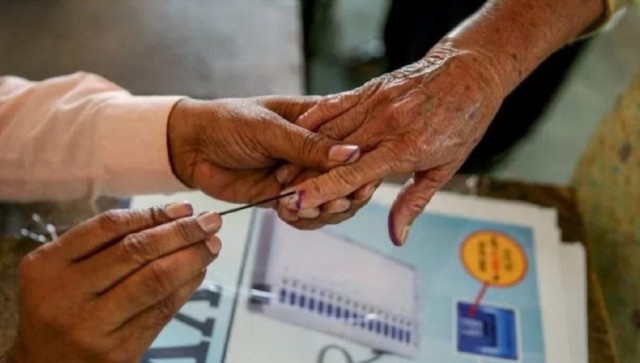)
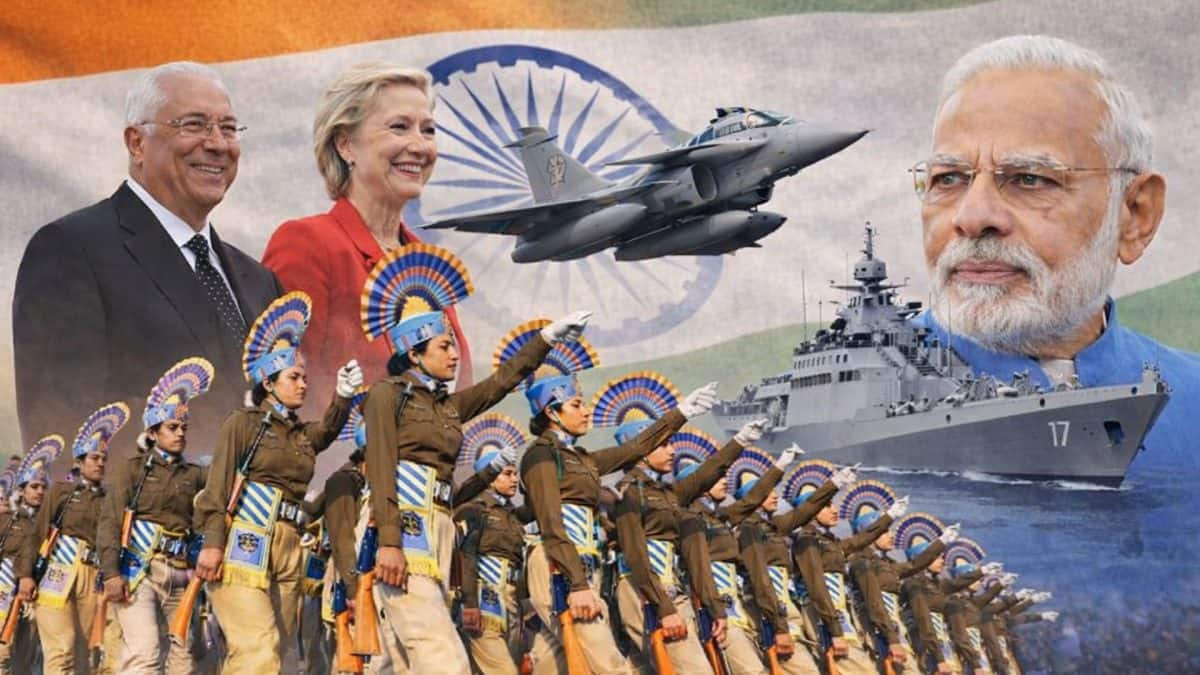
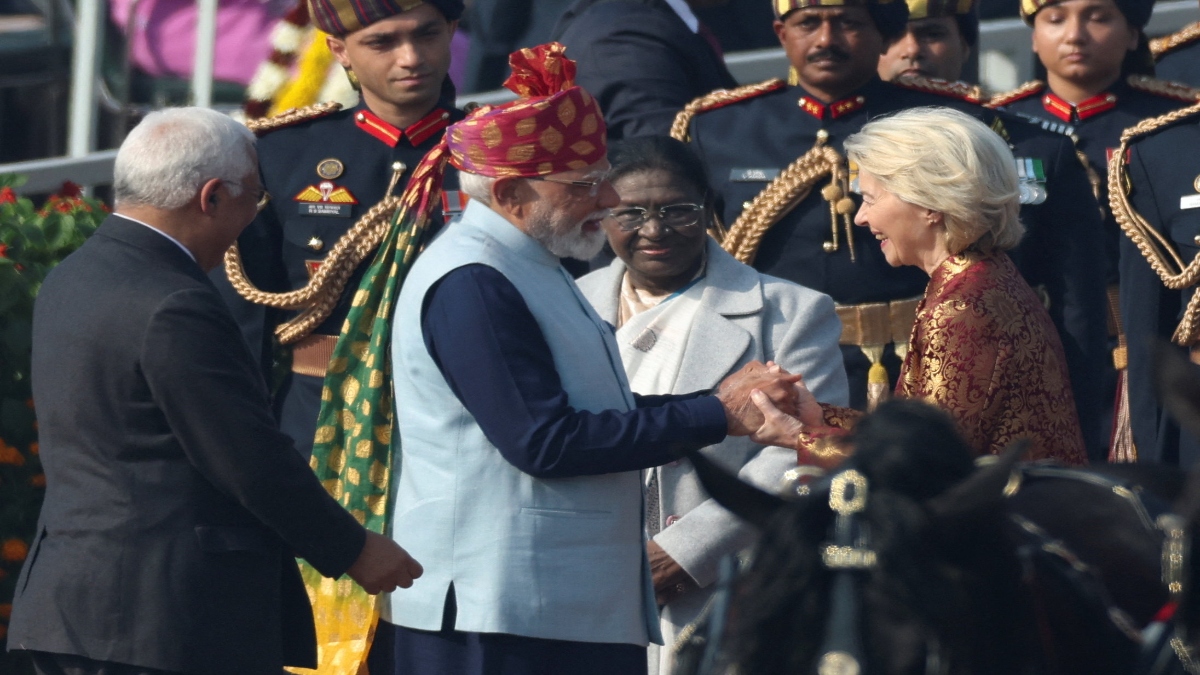)
)
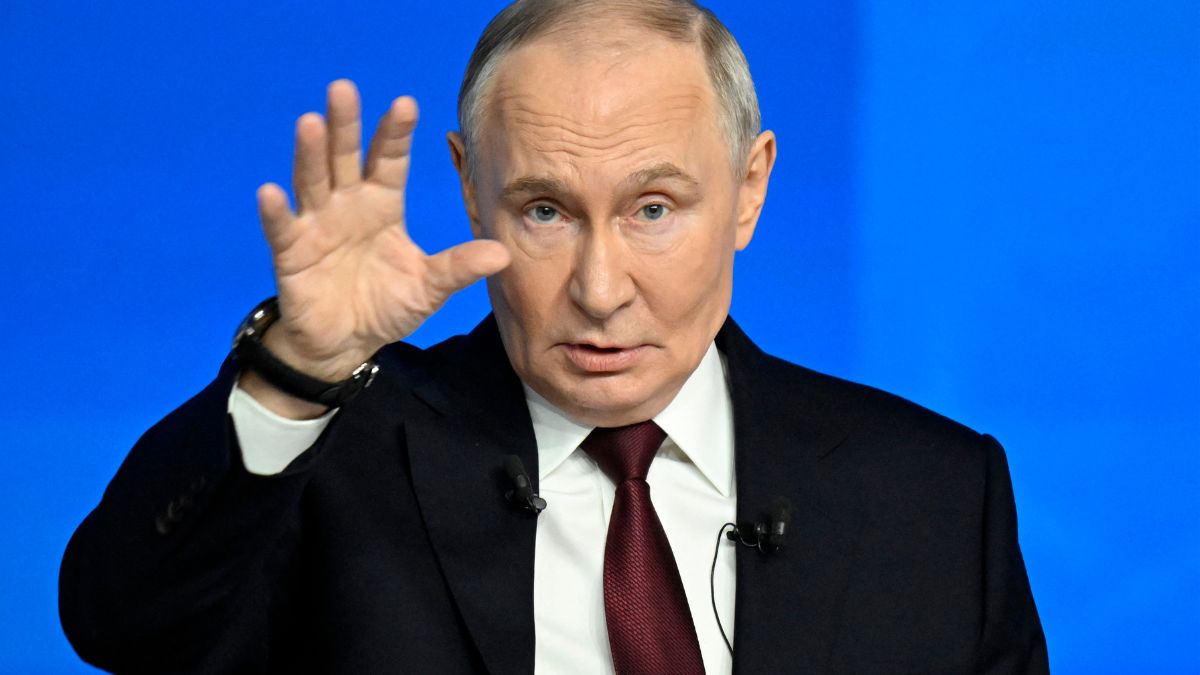)
)
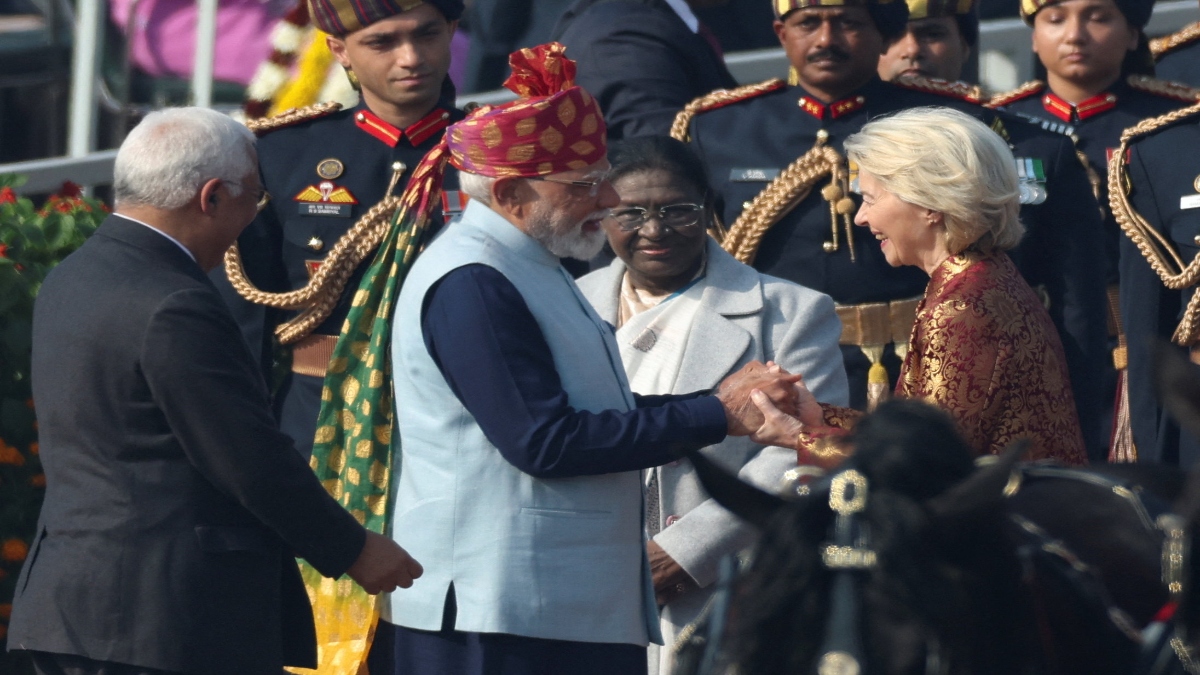)
)
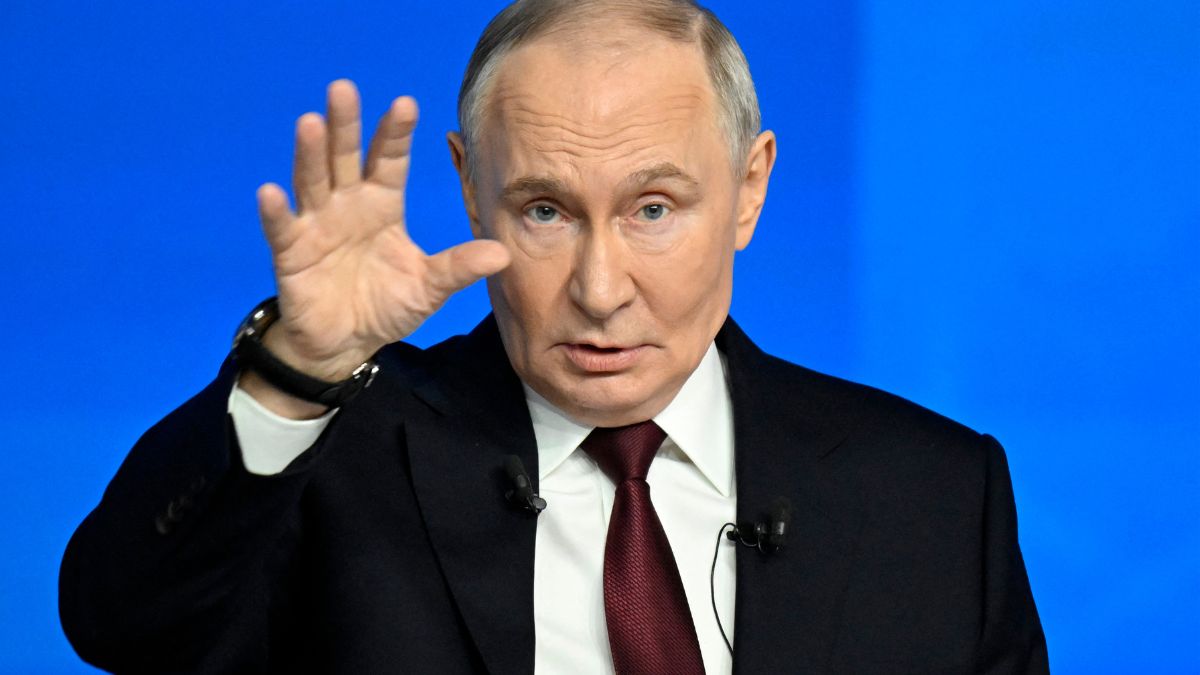)
)



